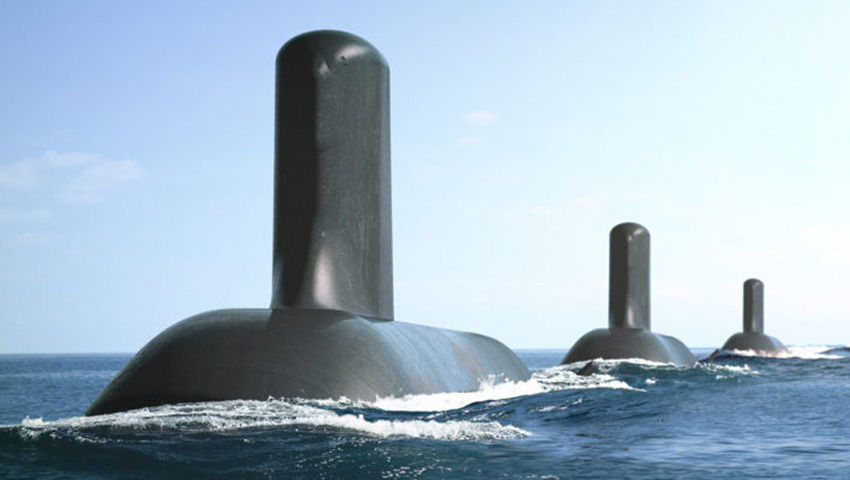The defence prime has successfully redeployed employees originally tasked with supporting the Royal Australian Navy’s former Attack Class project.
To continue reading the rest of this article, please log in.
Create free account to get unlimited news articles and more!
Lockheed Martin Australia has revealed 95 per cent of the 240 employees that made up its Future Submarine Program (FSP) Combat System Integration workforce have secured new roles within the defence ecosystem.
Notably, 92 per cent of employees have been redeployed to support Australian Defence Force programs, which include:
- maritime combat systems integration;
- weapon systems engineering;
- radar systems; and
- core simulation and training.
Other employees have been redistributed across Joint Air Battle Management (JABM), command and control, and research science and development.
The remaining 3 per cent transitioned to the Sovereign Shipbuilding Talent Pool.
According to LMA, 5 per cent of the original FSP workforce secured external roles.
Lockheed Martin Australia and New Zealand chief executive, Warren McDonald, welcomed the contribution of FSP employees.
“Lockheed Martin Australia is honoured to have led the combat system integration for the Commonwealth of Australia’s Future Submarine Program since 2016,” he said.
“We are immensely proud that over five years, our highly skilled team delivered on our promise, strengthened our partnership with Defence and the Australian government and worked closely with the finest in Australian industry and academia.
“We worked collaboratively and successfully with our customer and supply chain to achieve a smooth and efficient transition out of the submarine contract. In parallel, we work closely with our staff to redeploy their valuable skillsets and experience to other priority areas within Lockheed Martin Australia. In doing so we preserved an important sovereign workforce.”
LMA was previously contracted to support the Naval Group’s former $90 billion Attack Class program, which had aimed to deliver 12 diesel-powered submarines to replace the RAN’s Collins Class fleet.
However, the Commonwealth government scrapped the program after signing the AUKUS agreement, which includes a commitment to procure nuclear-powered submarines.
The Nuclear-Powered Submarine Task Force is currently devising a procurement strategy.
The task force’s considerations include requirements for design, construction, maintenance, infrastructure, industry capacity, nuclear safety, environmental protection, crewing and training.
The task force will also advise on building timeframes, costs and supply needs.
[Related: Lockheed Martin Australia, Penten join forces for AIR6500]

 Login
Login







